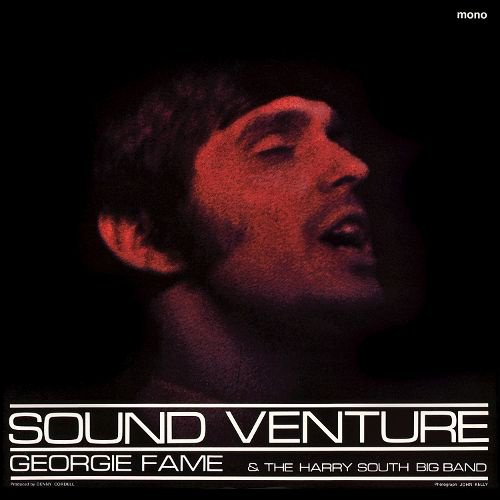![Anatomy of a Murder [Original Soundtrack] cover](https://images.theshfl.com/5789203984023552_600.jpg)
Recommended by
Anatomy of a Murder [Original Soundtrack]
If Otto Preminger’s Elmer Bernstein-penned score for The Man With the Golden Arm used jazz to the obvious end of telling a story about the jazz world, his decision to hire Duke Ellington to score the small-town courtroom drama Anatomy of a Murder seemed a bit counterintuitive by comparison. It wasn’t just the presumed tonal mismatch — it was the fact that Ellington, despite a recent career renewal off his band’s legendary 1956 Newport Jazz Festival performance, was still a big question mark when it came to working with Hollywood. But Duke and songwriting partner Billy Strayhorn rose to the occasion with the ease of artists who could make any adapted outside influences seem fully their own, composing a score so evocative of the film’s moral ambiguity and high-stress stakes that it might as well have doubled as its screenplay. The main title theme and its concluding bookend “Upper and Outest” stir up moods of self-assured power, looming menace, arch retorts, and shifty-eyed guilt, all while they siphon a orchestral prewar big band sensibility into something more slippery in its bluesy momentum — and then elaborates spectacularly on that atmosphere until you’re immersed in the sound of a hectic situation where you don’t know who to believe, much less trust. Ellington’s band on this recording, most of whom were part of that revitalizing Newport gig, are in similar form here: alto player Johnny Hodges plays the sleazy sax to end all sleazy saxes on the over-the-top burlesque caricature of “Flirtibird,” though the full brass section’s interplay on more subdued selections like the quietly fuming “Hero to Zero” and the sideways-glance-at-Thelonious “Midnight Indigo” does just as much with a pared-back melodic subtlety; it’s restrained, but it doesn’t need a Jimmy Stewart or a Lee Remick in front of you to evoke the tension of their roles. This soundtrack was a commercial hit, a career highlight, and a pioneering venture for Ellington all at once; Anatomy of a Murder was one of the first high-profile Hollywood films where a Black composer was given the role of creating primarily non-diegetic music. But it’s also a simple, direct, easy-to-love distillation of everything Ellington had grown to encompass by the time the ’60s approached.

![Novecento (1900) [Original Soundtrack] cover](https://images.theshfl.com/4773279641370624_v1_600.jpg)
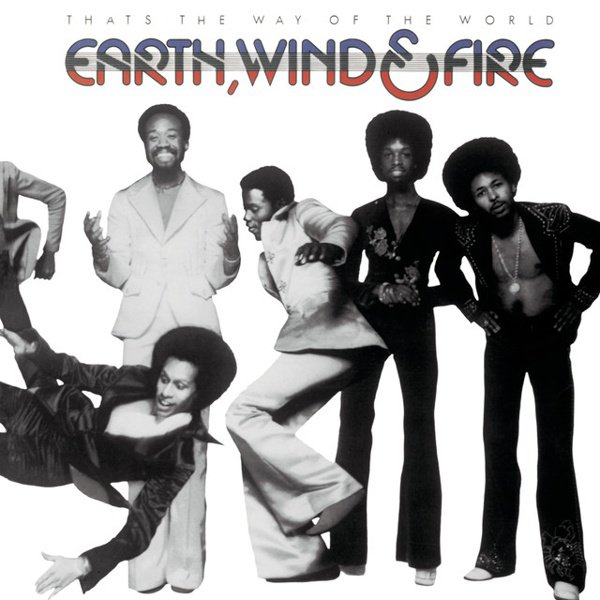
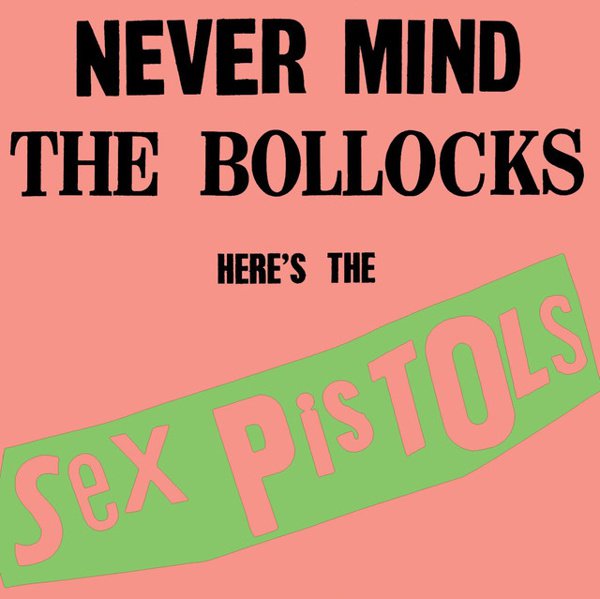
![Il Grande Silenzio [Original Motion Picture Soundtrack] cover](https://images.theshfl.com/4814628969250816_v1_600.jpg)
![The Good, the Bad and the Ugly [Original Soundtrack] cover](https://images.theshfl.com/5694300104949760_600.jpg)
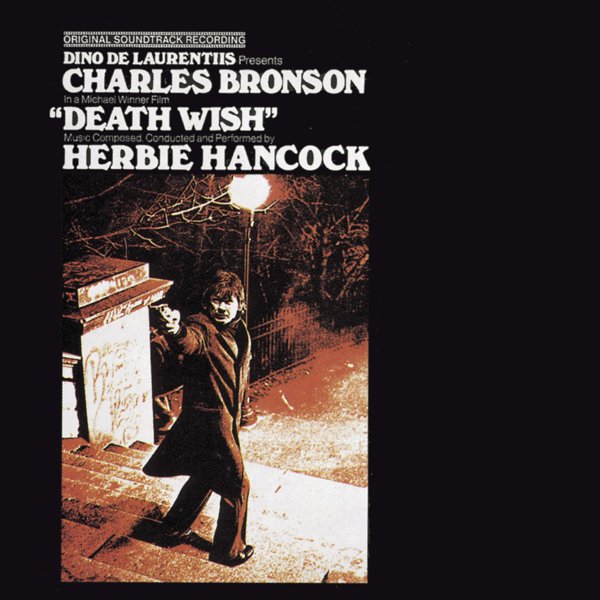
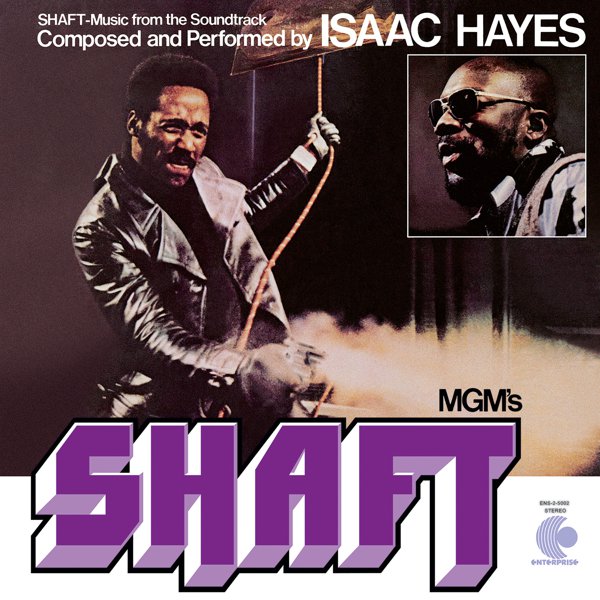
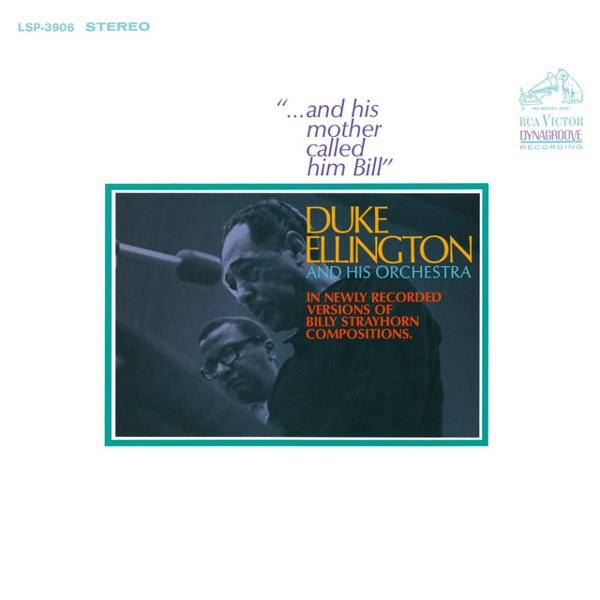
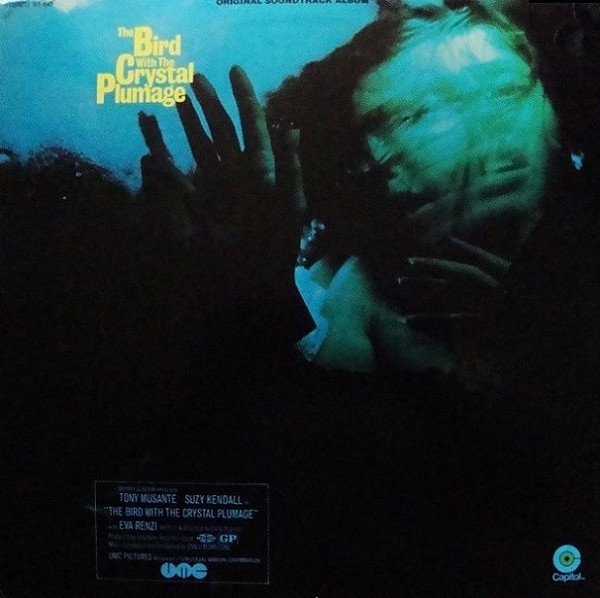
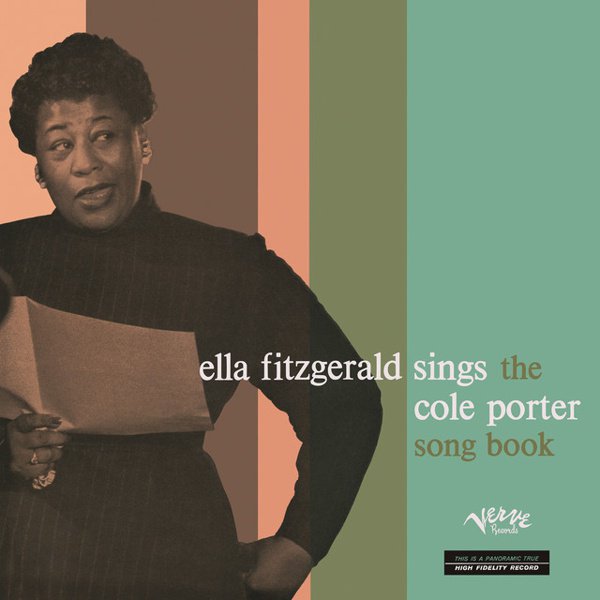
![Cinema Paradiso [Original Soundtrack] cover](https://images.theshfl.com/6002966090743808_600.jpg)
